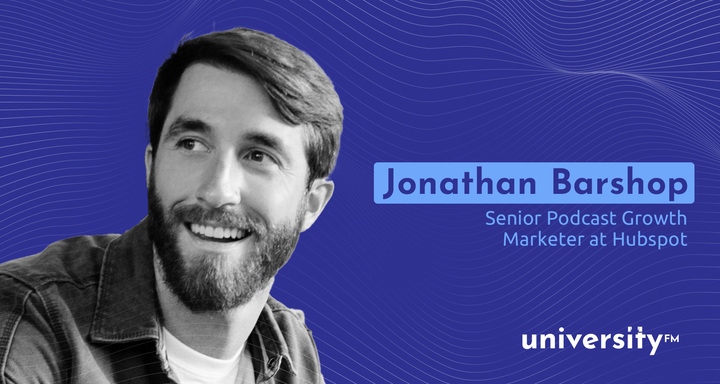
The topic of diversity and inclusion appears in podcasts in a variety of ways. Some podcasts might center their topics around diversity and inclusion, while others might give a nod to the important topic by featuring guests or special episodes. Either way, podcasts are a great medium to have informative conversations about diversity and inclusion.
Here are some podcasts that highlight inclusion-friendly themes across content.
Code Switch
The podcast Code Switch centers its conversation around issues of race and representation. The podcast features a plethora of topics, such as race in politics and race in pop culture. Its latest episodes, The Merengue War and Reckoning With The NFL’s Rooney Rule, focus on music and sports, respectively.
Podcasts like Code Switch meet the needs of diverse audiences. Some listeners might be fairly well-versed in issues of race and representation, while other listeners are just starting their learning journey. The Code Switch podcast creates content that meets the needs of both of these listener types. Its explanations of historical events, for instance, provide detailed overviews for those who might be unfamiliar with such history while also digging deeper into the implication of such events for those already knowledgeable.
Disability Matters
Disability Matters is another example of a podcast that focuses on a specific type of inclusion issue. The podcast primarily focuses on highlighting ways for people with disabilities to find work opportunities and also educates employers on how to support and empower those with disabilities.
The podcast also includes real-time captioning for individuals with hearing loss. This feature of the podcast demonstrates the show’s more tangible commitment to making not only professional experiences, but also their own content reachable for those with disabilities. In short, they practice what they preach.
The Forum on Workplace Inclusion
The Forum on Workplace Inclusion Podcast focuses mainly on workplace inclusion, but it highlights a spectrum of diverse identities in its episodes. From racial and disability inclusion to LGBTQ+, the podcast comments on the diverse workplace experiences of minorities while also offering solutions for achieving a more equitable workplace.
As long as a podcast has some topic to center it (such as workplace inclusion), this approach to addressing various types of diversity can be just as effective as doing a deep dive on a specific type of diversity.
Diversity in Tech
Similar to The Forum on Workplace Inclusion, the Diversity in Tech Podcast highlights various types of diversity within its specific focus on the tech world. They discuss topics like femtech (software and diagnostic services that focus on women’s health) and societal biases in artificial intelligence. The podcast aims to envision a more equitable workplace for tech people from software developers and designers to managers.
Berkeley Haas Podcast Network
The Berkeley Haas Podcast Network features a variety of perspectives from students, alumni and faculty. The podcast hub is also inclusive of various initiatives on campus, such as entrepreneurship and sustainability.
Their latest podcast episodes section allows listeners to sort episodes by topics, such as “undergraduate,” “international,” “Black@Haas,” “women of Haas,” “veterans” and “DEI.” The sorting feature visually demonstrates their commitment to sharing stories that highlight a spectrum of experiences of individuals from all walks of life.
Intersectionality
Though these podcasts might take different approaches to highlighting diversity and belonging, many of them highlight the importance of intersectionality when understanding how minority figures navigate the workplace, their careers and their education. Different aspects of our identities must be understood in relationship with each other.
Integrating themes of inclusion in your podcast can ultimately add nuance to the main values shared in your podcast. And paying attention to the nuances of identity when discussing matters of diversity can help you better connect with your audience—who are also nuanced in terms of not only their interests and values, but also their identities.




